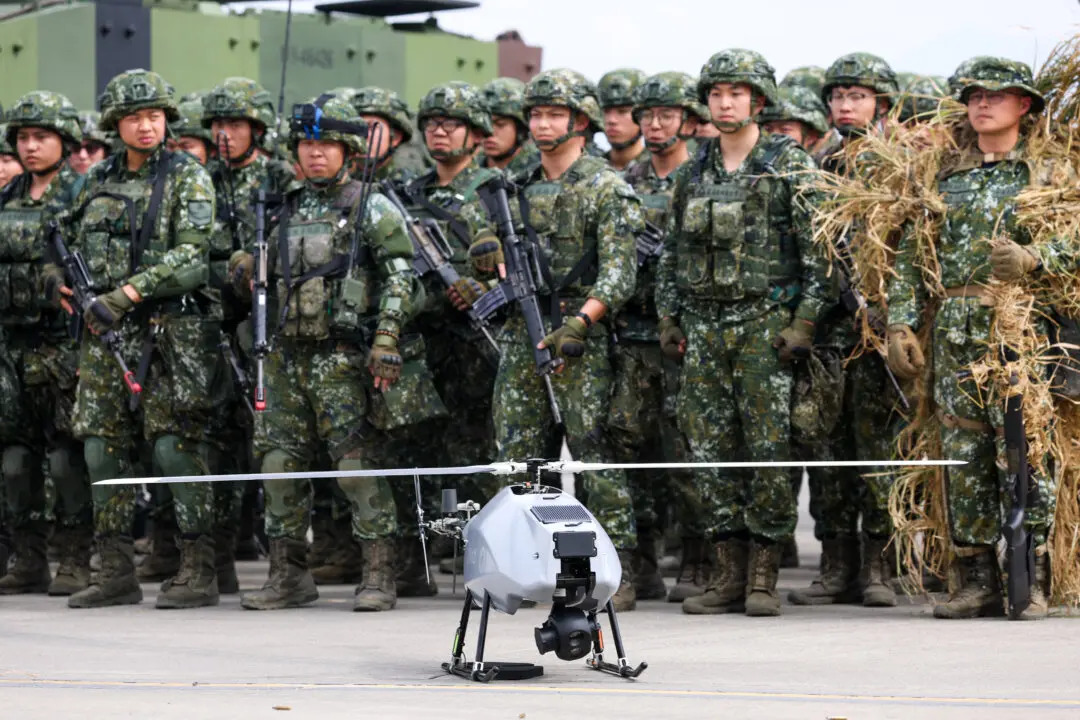The Texas Senate has approved legislation that bans the purchase of farmland by citizens and entities associated with hostile foreign nations—a bill that its author said will provide “sweeping state and national security protections.”
Republican Texas Sen. Lois Kolkhorst announced the passing of her legislation on Facebook on April 26, following a 19-12 vote in the state Senate earlier in the day, where one Democrat joined 18 Republicans in passing the measure.





